 After the White House announced steep tariff hikes on 14 countries, South Korea turned to Washington for further negotiations, hoping to soften the blow before the measures take effect in about a month.
After the White House announced steep tariff hikes on 14 countries, South Korea turned to Washington for further negotiations, hoping to soften the blow before the measures take effect in about a month.
In a letter signed by President Donald Trump, the administration revealed a new deadline of August 1, pushed back from the original July 8 date. The letter stated that most South Korean goods entering the U.S. would face a 25 percent tariff. However, this rate would not be added on top of existing sector-specific tariffs for items such as cars, auto parts, and steel products, according to Trump’s posts on Truth Social on Monday.
The letter also hinted at the possibility of adjustments, suggesting that the tariff rate could be modified.
Seoul interpreted this communication as a signal of Washington’s willingness to continue negotiations until the extended deadline.
Kim Yong-beom, director of national policy for President Lee Jae Myung, stated in an emergency meeting that Seoul had successfully bought more time for tariff talks. He emphasized that Washington’s letter did not translate to an immediate tariff increase.
According to the presidential office, Kim also stressed that serving the national interest takes precedence over reaching a hasty agreement.
The meeting was attended by key officials including Ha Joon-kyung, senior presidential secretary for economic growth; Oh Hyun-joo, third deputy director of national security; Yoon Sung-hyuk, presidential secretary for industrial policy; and vice ministers from the Industry, Finance, and Foreign Ministries.
Lee’s spokesperson, Kang Yu-jung, echoed Kim’s statements.
\”We consider it significant that we’ve secured a new negotiation deadline of August 1,\” she said. \”While we regret certain aspects of the outcome, given the time constraints since President Lee took office, we believe we’ve avoided the worst-case scenario of an immediate U.S. tariff hike.\”
She added that Seoul would continue to work swiftly to address trade tariff uncertainties.
\”We hope to achieve better results during this extended negotiation period,\” she stated.
When asked about the possibility of a Lee-Trump summit before the August 1 deadline, Kang said the schedule was being coordinated but provided no further details.
 Earlier on Tuesday, the presidential office announced that Wi Sung-lac, director of the National Security Office, met with his U.S. counterpart Marco Rubio in Washington on Monday. Wi expressed South Korea’s desire to advance negotiations based on the spirit of their alliance. Rubio, who currently serves as both U.S. Secretary of State and White House National Security Advisor, received this message.
Earlier on Tuesday, the presidential office announced that Wi Sung-lac, director of the National Security Office, met with his U.S. counterpart Marco Rubio in Washington on Monday. Wi expressed South Korea’s desire to advance negotiations based on the spirit of their alliance. Rubio, who currently serves as both U.S. Secretary of State and White House National Security Advisor, received this message.
Wi also conveyed to Rubio the hope for a summit between Lee and Trump in the near future.
According to the presidential office, the White House broadly concurred with Wi’s sentiments.
During a Cabinet meeting at his office on Tuesday, President Lee did not address the U.S. tariff notification letter, according to Kang.
Similar letters were sent to the leaders of 13 other countries, including Bangladesh, Bosnia and Herzegovina, Cambodia, Indonesia, Japan, Kazakhstan, Laos, Malaysia, Myanmar, Serbia, South Africa, Thailand, and Tunisia.
Meanwhile, Lee’s office is reportedly considering dispatching seasoned politician Kim Chong-in and Representatives Lee Un-ju and Kim Woo-young as special envoys to the U.S.
Regarding this matter, Woo Sang-ho, senior presidential secretary for political affairs, stated on Monday that while a U.S. special envoy is not designed to address specific bilateral agendas, it could be more beneficial to utilize both formal and informal channels, rather than relying on a single approach for U.S. tariff negotiations.


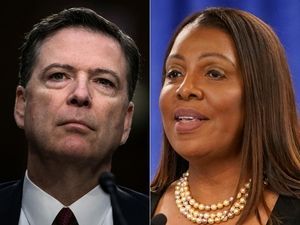
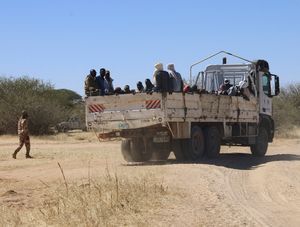
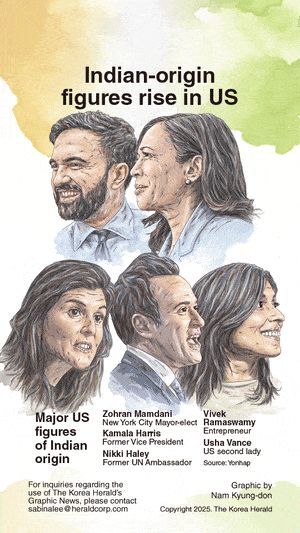
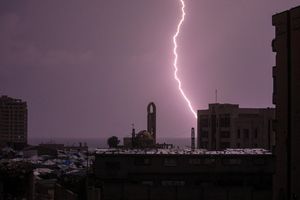
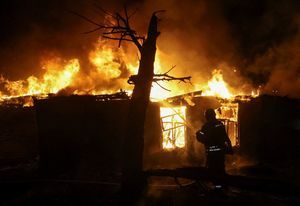
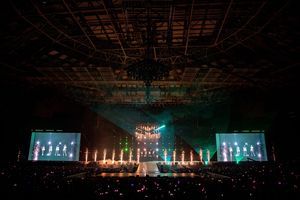


Most Commented